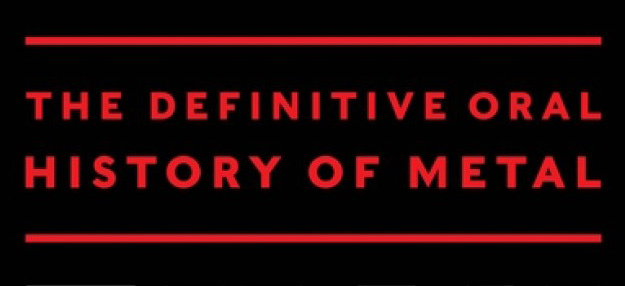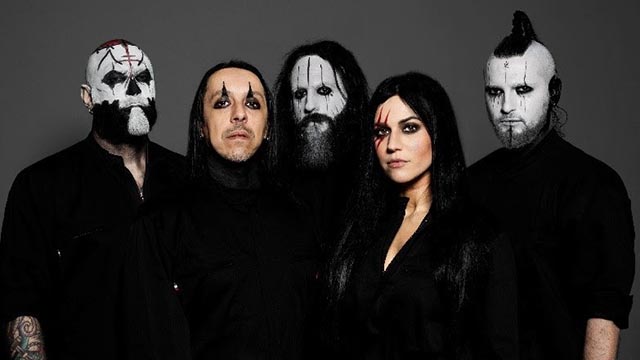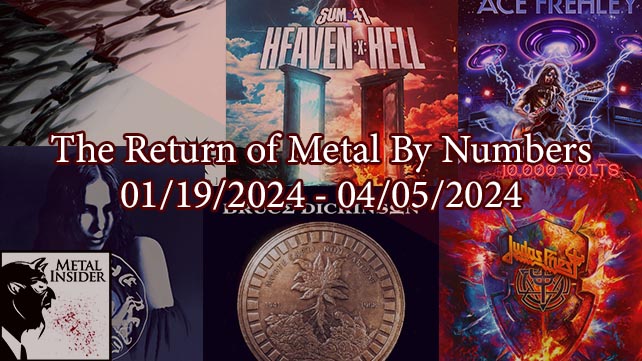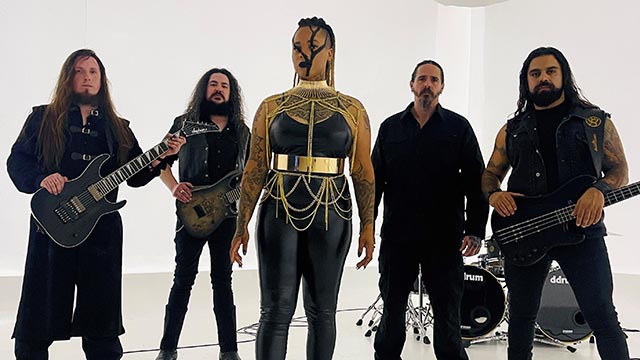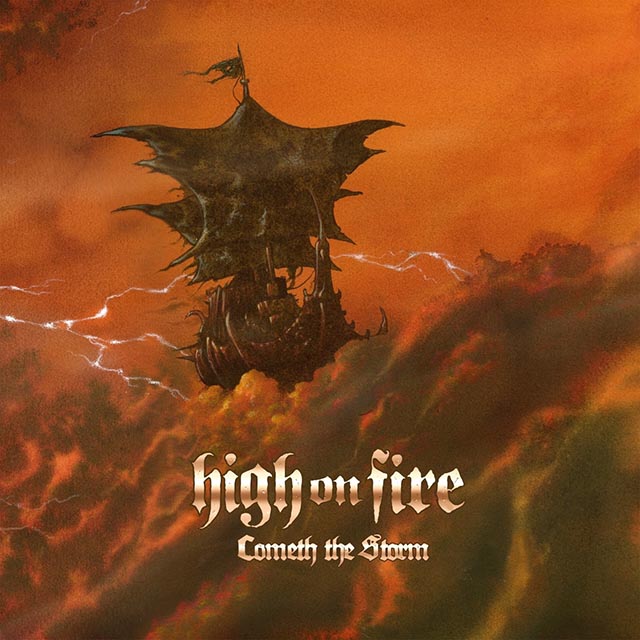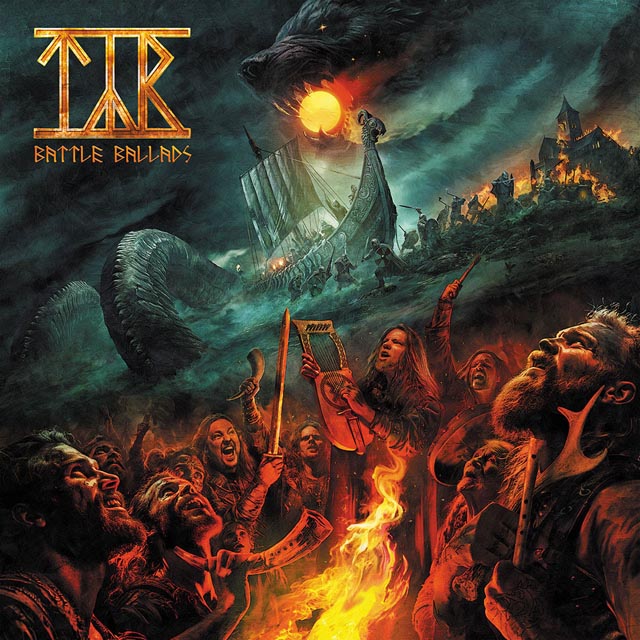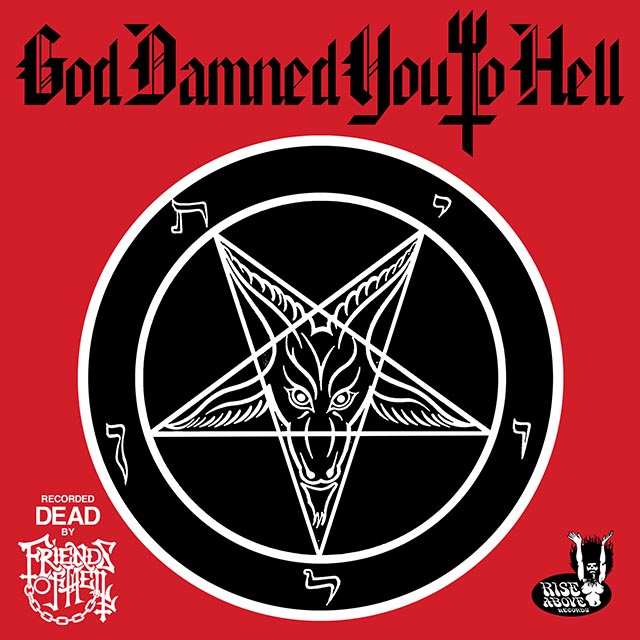Both respected journalists in their own right, Jon Wiederhorn and Katherine Turman combined forces to write “The Definitive Oral History Of Metal.” Louder Than Hell was released last month, and the gargantuan book (736 pages) sums up the beginnings, past and present of an entire genre with plenty of stories, anecdotes and remembrances from the artists themselves. While some might be familiar with some of the stories, it’s an invaluable primer for any metal fan that should gain significance with the passage of time. We caught up with the authors to discuss how the book came together, what didn’t make the cut, what artists said no, and the division of labor in taking on such a monumental task.
How did the book come about? You’re both veteran metal journalists, but how did you decide to work together and make a book about metal?
Jon: I was working in putting the pieces together for an authorized biography of Judas Priest. And the band started dragging their heels a little bit, they decided that the timing wasn’t exactly right and the interviews weren’t happening as we wanted them to. So my agent said, okay, well let’s put the brakes on this and what else do ya got, ya know? Let’s get you started on something else. And I said well nothing completely specific but I have a hard drive full of about a thousand interviews and I have really good connections with most publishers, managers, and industry folk. There’s a great book called Please Kill Me that was an oral history of punk rock written by Legs McNeil and Gillian McCain. I loved that book and thought it was a great way to tell the history of a genre that’s already been told. There’s a lot of good metal books out there and they’re mostly academic or text oriented. So I said well what if we approach this as an oral history and tell the forty year plus history of metal through the mouths of all the people who played a major role? And my agent though it was a great idea so he said ‘I’m into this but there is one thing you need to do, this is a giant task, you need to have a co-writer to work with. Is there anybody who you can think of, or think of somebody, who compliments your interests and can maybe put a little different spin on metal than you do?’ So I thought for a minute and I immediately though of Katherine because she’s West Coast-based and I’m East Coast-based and we have slightly different tastes in metal but we complement each other in a lot of ways as well.
Do you have anything to add to that, Katherine?
Being from California, I definitely started writing about the Sunset Strip scene, Guns N’ Roses, Mötley Crüe, W.A.S.P., all that stuff. Which wasn’t his forte necessarily. And over the years, I worked at Rip Magazine as an editor, I was there for eight years, and people would say to me, “When are you writing your book?” and I’d say “Never.” Because, ya know, I didn’t want to tell my story, I don’t really think I have that many amazing stories (laughs) perhaps to the ordinary person they are. But when this came along, it seemed ideal. I could use my interviews, ya know, my archival interviews, plus do a bunch of new ones because I was still writing in addition to my full time radio gig. And it seemed like the perfect solution, and Jon is super easy going, and working with him long distance as an editor over the years, I knew how… what’s the right word I’m looking for? How particular he is, ya know? He’s not a hack! (laughs)
Jon: We knew we could have a good working history because she was actually editing me when she was at Rip Magazine and I was freelancing. And then I went to Guitar Magazine as an editor and then I was editing her stuff (laughs). So we got along well in all the areas of the editorial process.
Katherine: And by that time I had moved to Brooklyn, in 2005 I believe it was. I guess we could have done it long distance via Skype and all that stuff that people do these days. That’s how bands write records after all, but it did work better having us both better.

